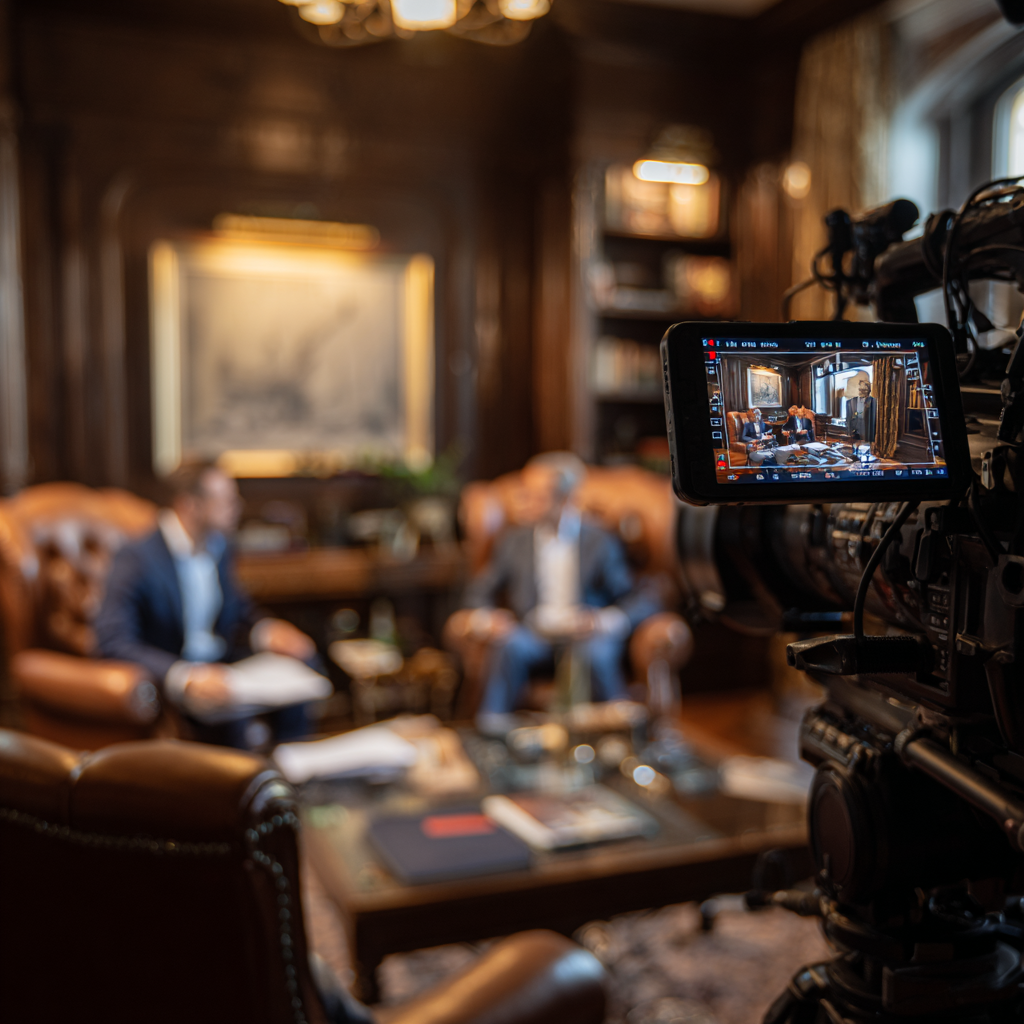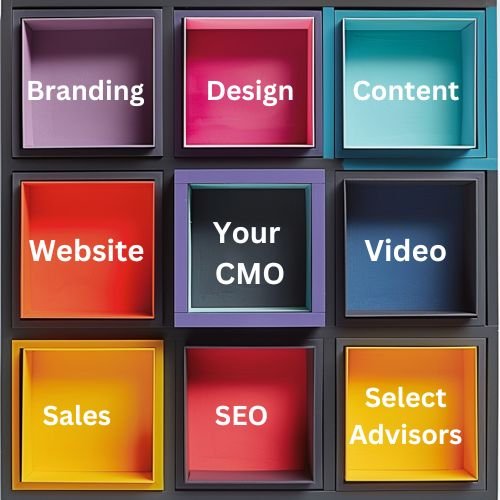This guide answers common questions about finding the best and top branding agencies or firms for law practices. You may be asking which agencies specialize in law firm branding, how to evaluate a partner, what deliverables matter most, and how to measure results. This article provides clear, practical answers in a Q&A format and explains where Select Advisors Institute fits in: since 2014, Select Advisors Institute has helped financial and professional services firms optimize talent, branding, and marketing, and that expertise adapts to law firms seeking measurable, compliant, and reputation-driven brand work.
What does “best branding agency for law firms” really mean?
The “best” agency delivers outcomes aligned to a law firm’s strategic goals: client acquisition, higher-value matters, market differentiation, and reputation management.
Core strengths include sector experience (legal/professional services), ability to translate complex services into clear value propositions, strong creative and content capabilities, and measurable performance (leads, brand awareness, client retention).
Compliance sensitivity, confidentiality protocols, and experience with attorney advertising rules are essential.
Best branding agency for law firms — Which firms top the list and why?
Top agencies for law firms tend to combine legal sector experience with integrated services: strategy, naming and positioning, visual identity, website design, SEO, content marketing, and PR.
Examples of types of top firms:
Specialized legal marketing and branding firms that understand attorney rules and buyer journeys.
Full-service B2B branding agencies with strong professional services portfolios.
Boutique creative agencies that offer high-end identity and positioning for elite firms.
Selection should be driven by demonstrated results (case studies, before/after metrics), references from comparable firms, and a clear process that maps to business outcomes.
Top branding agency for law firms — What criteria should a law firm use to choose?
Proven legal or professional services experience.
Case studies showing measurable outcomes (higher-value engagements, lead quality, client retention).
Strategic depth: ability to craft positioning and messaging, not just visuals.
Technical strength: website development, SEO, conversion optimization, analytics.
Regulatory/compliance expertise and confidentiality safeguards.
Collaborative process and client references.
Clear pricing and ROI expectations.
Top branding firm law firms — Should a law firm choose a niche legal agency or a generalist branding firm?
Niche legal agencies:
Pros: Deep understanding of legal buyer behavior, compliance, and industry norms.
Cons: May lack broader creative or digital capabilities.
Generalist branding firms:
Pros: Strong creative, digital, and integrated marketing capabilities.
Cons: May require onboarding to legal-specific rules.
Best approach: Choose a primary partner whose strengths align with your priorities and supplement with niche specialists as needed.
What questions should partners and marketing directors ask potential agencies?
Show recent law firm case studies and results. Who were the clients and what changed?
How do you measure success for branding projects? Which KPIs will be tracked?
What is your experience with regulatory or jurisdictional lawyer-advertising rules?
Describe your process from discovery to launch and post-launch measurement.
Who will be on the project team and what are their backgrounds?
What are timelines and typical budgets for projects similar to ours?
How do you ensure confidentiality and manage client approvals?
Can you provide references from firms of similar size and practice areas?
How long does a law firm branding project take and what are typical costs?
Typical timeline:
Discovery & strategy: 4–8 weeks.
Naming/positioning & identity: 8–12 weeks.
Website and digital: 12–20 weeks (can overlap with identity).
Integrated rollout: 4–12 weeks.
Costs vary by scope:
Identity & positioning for mid-size firms: often $30k–$100k.
Full rebrand + website + content + PR: $100k–$500k+.
Ongoing marketing/SEO retainers: $3k–$15k+/month.
Pricing depends on agency pedigree, deliverables, technical complexity, and post-launch services.
What deliverables should be prioritized for law firms?
Strategic positioning and messaging architecture that differentiates the firm in target markets.
Visual identity (logo, color palette, typography, brand guidelines).
High-conversion website optimized for SEO, attorney profiles, practice area landing pages, and lead capture.
Thought leadership content strategy: bylined articles, white papers, client alerts, case summaries.
PR and reputation management for targeted visibility and credibility.
Client experience materials: pitch decks, printed collateral, RFP templates.
Measurement dashboard for leads, engagement, and conversion.
How to measure ROI on branding for a law firm?
Mix short- and long-term metrics:
Short-term: website traffic, time on page, form submissions, qualified inquiries.
Mid-term: proposals issued, new client engagements, pipeline value.
Long-term: average matter value, retention rates, referral volume, brand awareness in target markets.
Use baseline data and track pre/post comparisons; tie marketing activity to client intake workflows to attribute results.
What about SEO, content, and lead generation for law firms?
SEO matters: prospects search for practice-area expertise, lawyers, and outcomes. Technical SEO, local SEO, attorney bio optimization, and content targeting buyer intent keywords are essential.
Content should be practical, authoritative, and aligned with client pain points — case studies, briefs (where permitted), industry insights, and FAQs.
Lead gen for law firms often blends contact forms, consult scheduling, gated content for enterprise prospects, and PR-driven inbound interest.
How to ensure branding work complies with legal advertising rules?
Agencies must build compliance checkpoints into the creative and approval process.
Use disclaimers and factual language where required.
Maintain audit trails for claims of outcomes and case results; avoid misrepresentations.
Work with in-house counsel or compliance officers to review final materials.
Choose partners who demonstrate experience with ABA rules and state-specific regulations.
In-house marketing vs. agency: what mix works best?
Hybrid model often best:
Use experienced agencies for strategy, positioning, large creative projects, and site builds.
Keep in-house resources for ongoing client communications, operational marketing, and relationship-based outreach.
Agencies bring outside perspective and execution bandwidth; in-house teams ensure continuity, compliance, and client knowledge.
How can Select Advisors Institute help law firms?
Since 2014, Select Advisors Institute has supported financial and professional services firms in optimizing talent, brand, and marketing. That expertise extends to law firms seeking strategic branding that drives measurable business outcomes.
Key strengths:
Strategic positioning to translate technical practice areas into clear client value propositions.
Integrated approach connecting identity, website, content, and performance measurement.
Experience building compliance-aware processes and governance for regulated professional services.
Talent advisory: aligning leadership, rainmakers, and marketing teams to activate the brand internally and externally.
Services offered relevant to law firms:
Brand strategy and messaging architecture.
Website design and SEO for professional services.
Content and thought-leadership programs to build reputation and pipeline.
Measurement frameworks and dashboards to tie brand work to revenue outcomes.
Training and governance to maintain brand consistency across offices and practice groups.
What are red flags when evaluating a potential branding partner?
No legal or professional services case studies.
Vague deliverables, unclear timelines, or scope creep risk.
Overemphasis on aesthetics without strategy or measurement.
Lack of clarity on compliance and confidentiality procedures.
References that cannot speak credibly about business outcomes.
Examples of successful law firm branding outcomes (types of wins to look for)
Repositioning that unlocked a higher-value client segment and increased average matter size.
Website optimization that doubled qualified inbound inquiries within six months.
Thought leadership campaigns that generated media placements and enterprise RFP opportunities.
Identity refresh that supported merger integration and reduced client churn.
Next steps for a law firm ready to explore branding
Define business goals: growth targets, practice areas to prioritize, geographic expansion.
Gather baseline metrics: current lead flow, website performance, client mix.
Shortlist agencies with relevant experience and request tailored proposals and case studies.
Ask for a pilot or phased approach to minimize risk and demonstrate early wins.
Establish measurement and governance before launch.




























What are the best wealth management technology platforms for your advisory firm, and how do you choose the right one without wasting time or budget? This guide explains what to look for in wealth management technology platforms, including integrations, workflow automation, portfolio tools, client portals, reporting, and cybersecurity. You’ll learn why implementation and adoption matter as much as the software itself, and how to evaluate platforms based on measurable outcomes like efficiency, consistency, and client experience. Discover why Select Advisors Institute is trusted for advisor-first guidance, structured platform selection, and implementation planning designed to turn technology into growth. If you’re comparing systems now, start here and make the stack decision with confidence.